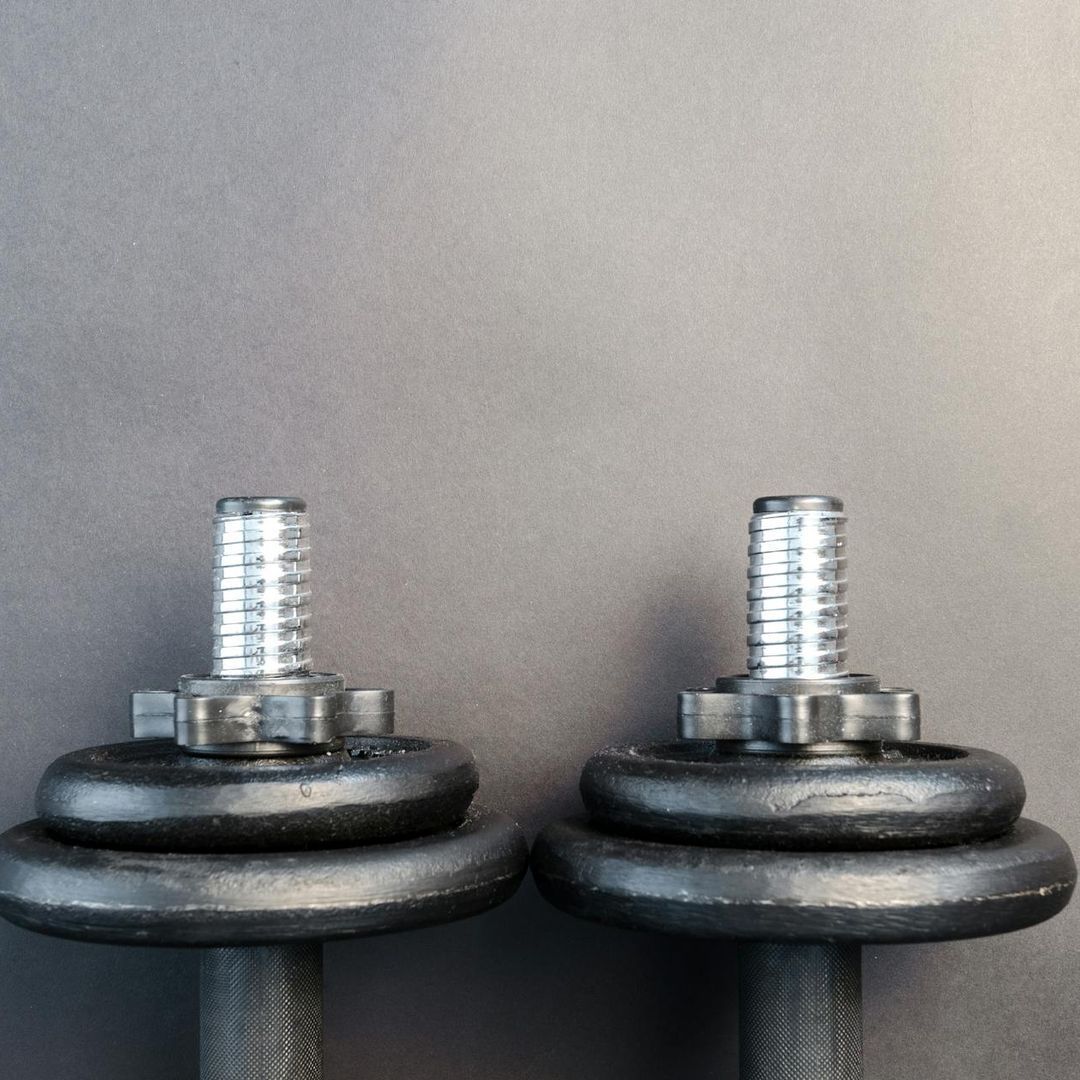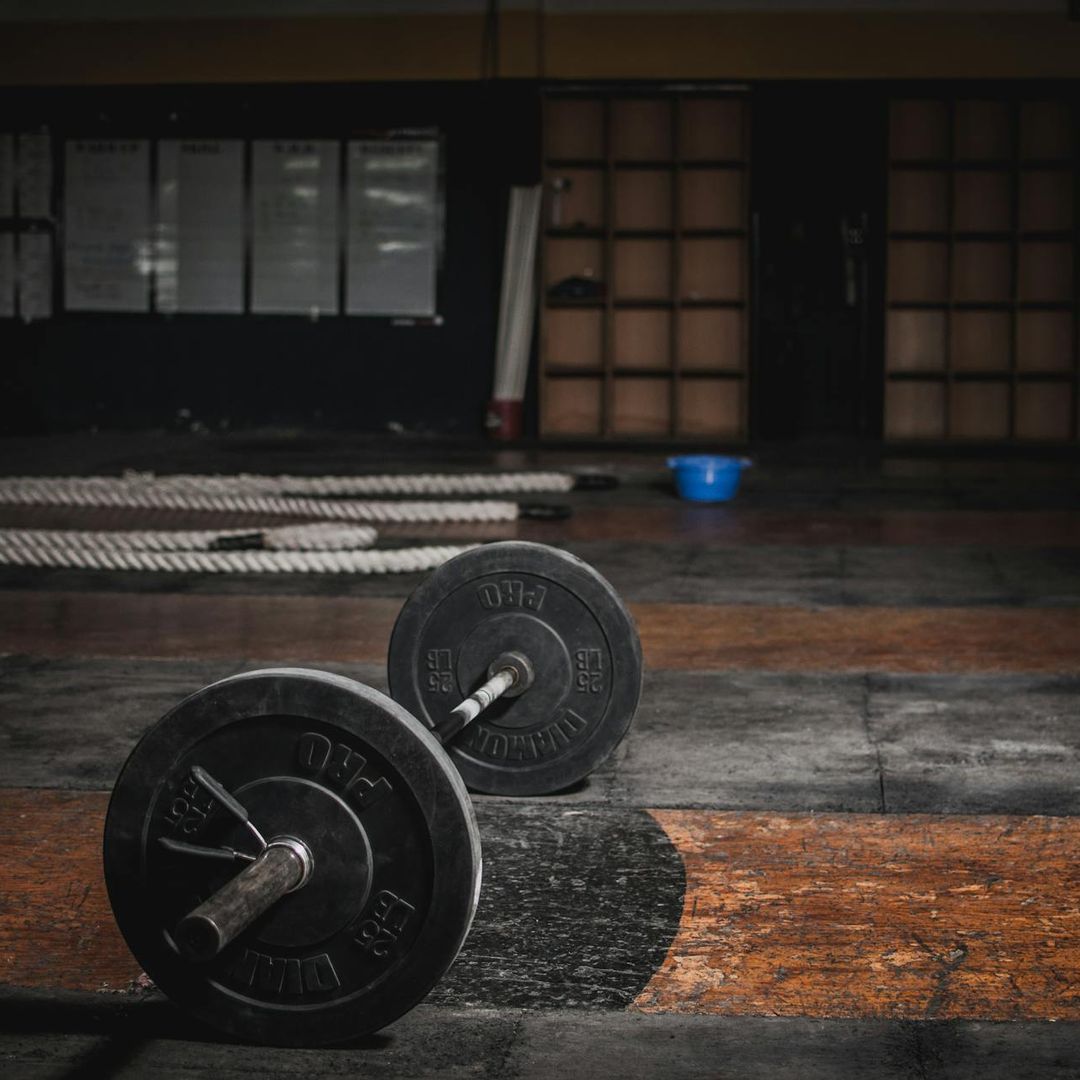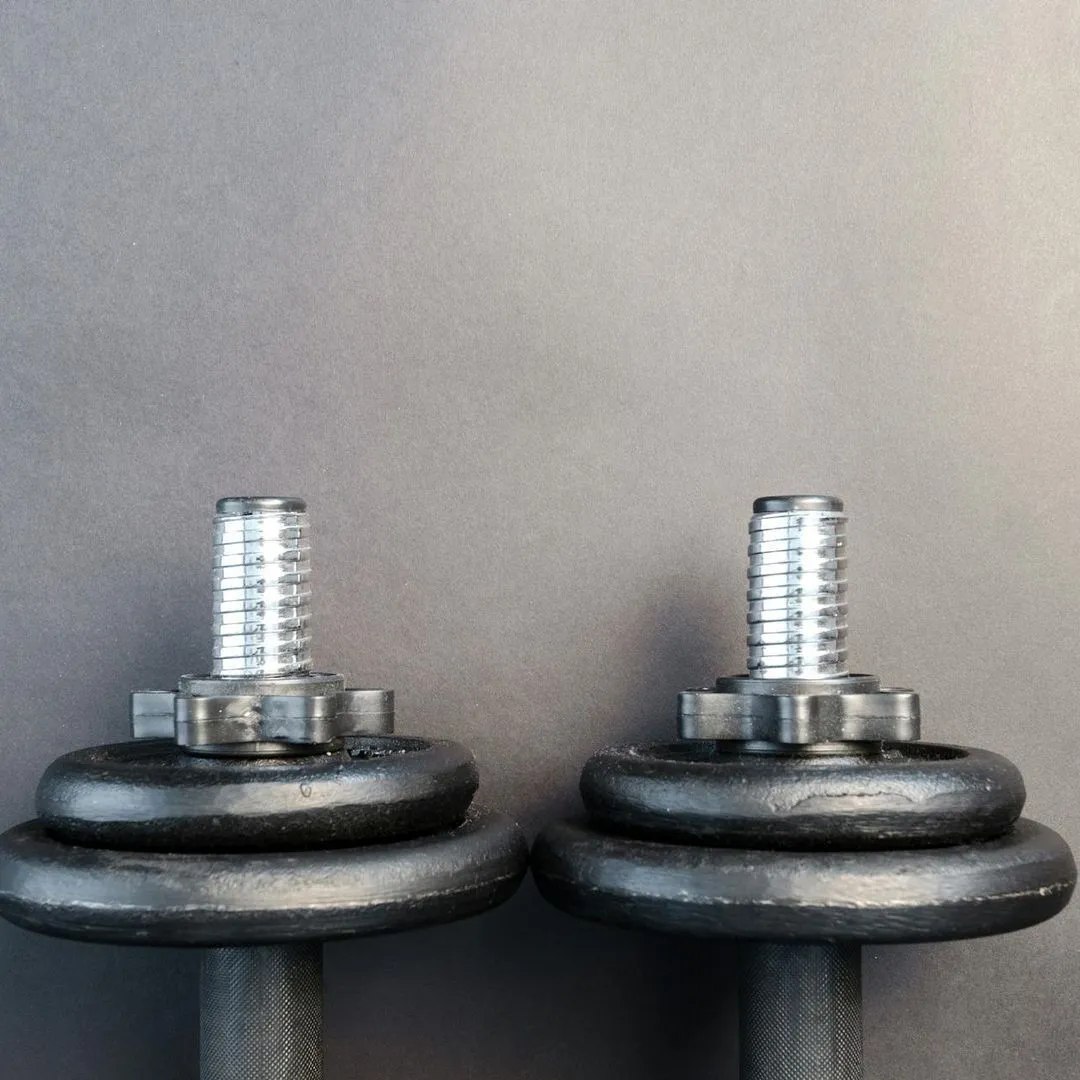Post-workout recovery: the role of proteins and antioxidants

Post-workout recovery is a crucial process for athletes and fitness enthusiasts, as it directly impacts the bodys ability to adapt to exercise stimuli, improve performance, and prevent injury. Two key components in this process are proteins and antioxidants. A thorough and quantitative analysis of their role can provide practical insights for optimizing muscle recovery.
The Role of Protein in Muscle Recovery
During exercise, muscle fibers suffer micro-tears that require repair. Protein provides the essential amino acids for muscle protein synthesis (MPS), the process by which the body repairs and builds new muscle tissue. An adequate post-workout protein intake is therefore essential to stimulate MPS and promote recovery.
Optimal Amounts of Post-Workout Protein

The amount of protein you should consume post-workout depends on several factors, including body weight and exercise intensity. General guidelines suggest an intake of about 0.25-0.30 grams of protein per kilogram of body weight. For example, a 70-kg person should consume about 17.5-21 grams of protein post-workout.
www.torrinomedica.itTiming of Protein Intake
The timing of protein intake has been a subject of debate, with particular focus on the so-called post-workout "anabolic window." Traditionally, it was believed that consuming protein within 30-60 minutes after exercise was essential to maximize muscle protein synthesis (MPS). However, more recent research suggests that the anabolic window may be broader, extending up to two hours post-workout. Nonetheless, it is advisable to consume protein as soon as possible after exercise to optimize recovery.
www.torrinomedica.itTypes of Proteins and Their Effectiveness
Proteins differ in their digestion rate and amino acid profile. Whey proteins are rapidly digested and rich in essential amino acids, making them ideal for post-workout consumption. In contrast, casein proteins are digested more slowly and may be better suited for providing a sustained release of amino acids, such as overnight. Plant-based proteins, such as those derived from peas, rice, or soy, are good options for vegetarians or vegans, although they may have a less complete amino acid profile than animal proteins.
The Role of Antioxidants in Recovery

Intense exercise increases the production of reactive oxygen species (ROS), which can cause oxidative stress and cellular damage. Antioxidants neutralize ROS, protecting cells from damage. An adequate intake of antioxidants can therefore help reduce inflammation and accelerate muscle recovery.
Sources of Antioxidants
Antioxidants are found primarily in fruits and vegetables. Vitamins like C and E, found in citrus fruits, kiwis, nuts, and seeds, are powerful antioxidants. Compounds like polyphenols, found in foods like green tea, dark chocolate, and berries, also offer significant antioxidant effects.
Considerations on Antioxidant Supplementation
While antioxidants are beneficial, excessive supplementation may interfere with training adaptations, as a certain level of oxidative stress is necessary to stimulate the bodys adaptive responses. Therefore, its preferable to obtain antioxidants through a balanced diet rather than relying on high-dose supplements.
Conclusions
Effective post-workout recovery requires a comprehensive approach that includes adequate protein intake to support muscle synthesis and a balanced supply of antioxidants to mitigate oxidative stress. Tailoring the intake of these nutrients to individual needs and training type can optimize recovery and improve athletic performance.

flavio_campaniolo
Data di inserimento 28 nov 2024
Report article


Comments
There are no comments yet.